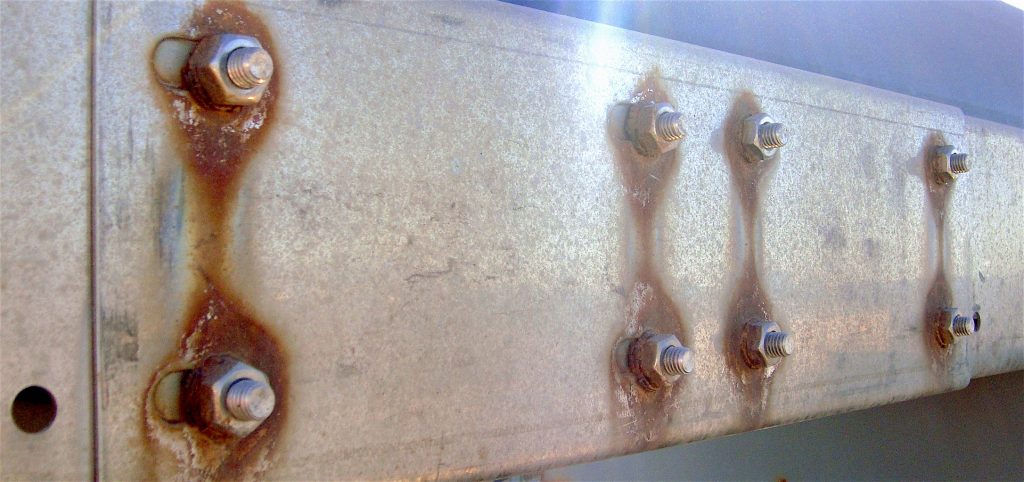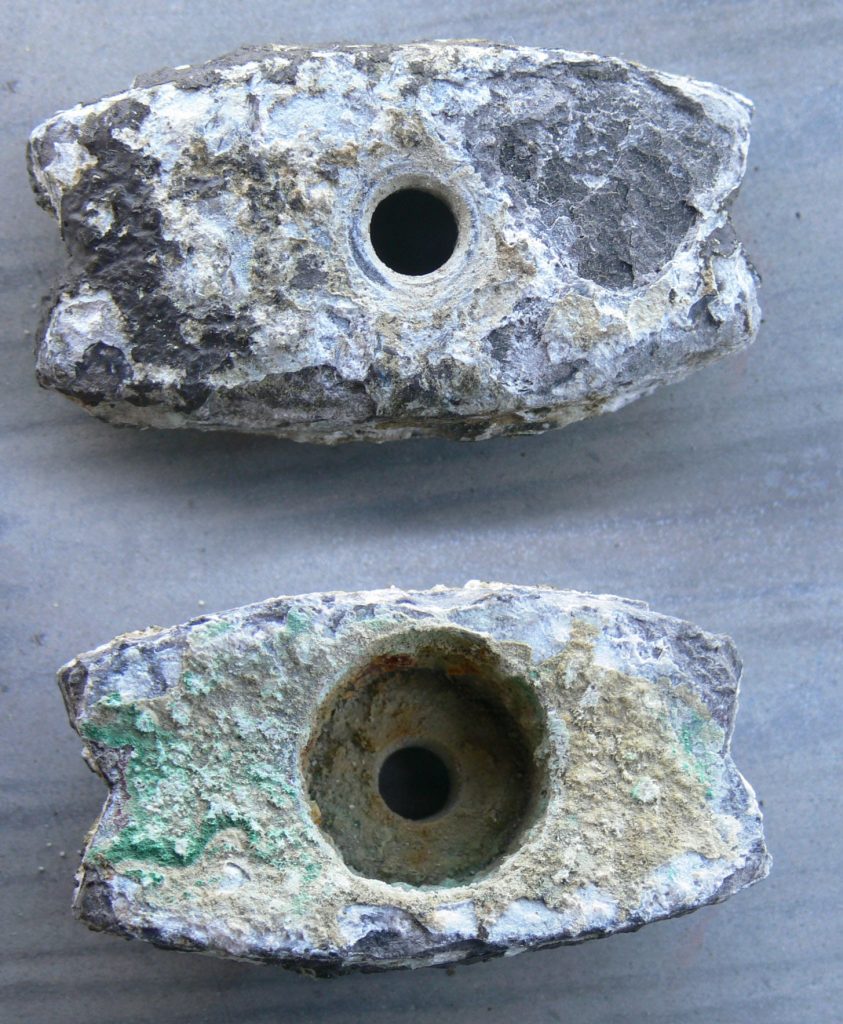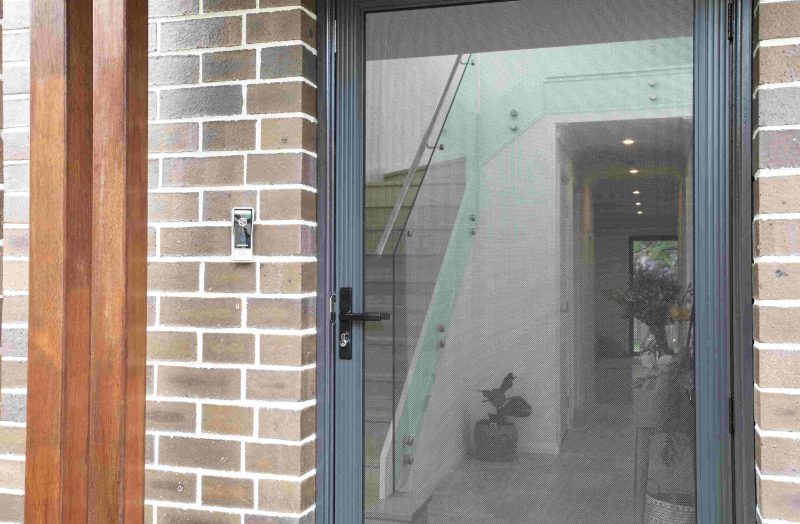Protecting Window Security Screens From Corrosion
When corrosion or oxidation appears on window security screens, it can compromise both the integrity and look of the screen. To prevent galvanic corrosion, it is important to understand how it occurs and how, with proper care and maintenance, it can be avoided.
Corrosion and Metals
The atmosphere here at sea level is surprisingly tough here on good ol’ planet Earth. The saline quality of the ocean, and the ever-adaptable nature of life here, means that there is no real notion of ‘forever’ when it comes to our creations – just different timelines of decay.
Stainless steel, as used in security mesh, is one of the toughest things humans have created so far. Created via twelve hours of intense heat, this substance is distinguished from regular steel by being mixed with a certain level of chromium, to prevent oxidation – rust – from taking hold. Either substance, by themselves, are comparatively vulnerable, but mixed properly, stainless steel can stand up to the elements very well. 316 stainless steel mesh is considered the best choice for screens in homes located close to the coast to avoid corrosion, as they are subjected to a higher salt content courtesy of the nearby coast.
Aluminium, used in window and door frames, comes complete with its own unique anti-corrosion quality. A thin layer of oxide is built up over its surface when exposed to corrosive environments, the product of a chemical reaction, enough to protect the surface of the aluminium itself.
However, when combined, these two substances run into difficulties, which is why it’s important to select a security flyscreen which will limit the contact between the stainless steel mesh and the aluminium frame.
Galvanic Corrosion
Different metals have different electrode potentials. When they come in to contact with an electrolyte, one metal tends to act like a cathode, and one acts as an anode. Without getting too technical, the end result of this process of transference is the inhibition of corrosion on the cathode, and accelerated corrosion of the anode.

You may have noticed this reaction on saltwater vessels. Because boats create their own magnetic field, they discharge through their own fittings into the water. Rather than allowing this reaction to occur, most yachts in saltwater are fitted with so-called sacrificial anodes attached to the hull, which absorb the electrodes being created by the yacht, corroding the anode, rather than the yacht’s fittings.

Protection
Because our window security screens incorporate both an aluminium frame and a stainless steel mesh screen, our designers realised early on how important it was to create a unique affixing method to avoid galvanic corrosion. Any solid fixing points, strong enough for security fly screens, would provide the ‘connection’ needed for this corrosion to occur.
The designers settled on the use of a 3M VHB tape. Compressed between the two layers of the frame, this adhesive is activated, and actually grows stronger over time. It has been shown to be capable of strengths that actually exceed that of the screen itself.
All protection screens will attract dirt and airborne grime over time, which is why it is important to wash your screens regularly to avoid build-up. Keeping your security screens clean will reduce the likelihood of corrosion.
Designing with Purpose
As with many products, taking every variable into account is how you produce a product that will not only provide security, but will do so over the long-term. A household fitting such as a security door or security fly screen will be subject to a huge variety of stresses and forces, and proper design methods involve taking into account as many of these as you can, to provide a product that constitutes a solid long-term investment, and will not break down when called upon.
Contact SP Screens today for more information on our unique lineup of security fly screens and security doors, and invest in your home!





Share